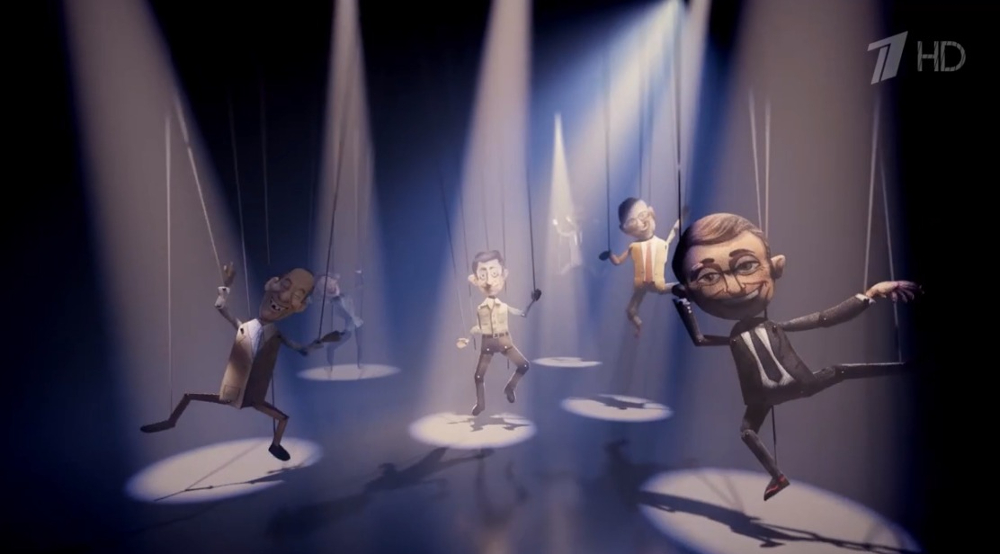It is indisputable that any remark by Russia concerning Armenia elicits a strong response from our minds and hearts. The illusion that Moscow remains our center is still a dangerous misconception. It is undeniable that the illusion undergoes intriguing transformations. The heart and brain function more healthily, learning to absorb hazardous environmental factors, converting them into harmless substances, and boosting the body’s immunity.
In any case, Russian propaganda programs are only helpful in strengthening and reformulating the idea of Armenian statehood, especially the last one on the Russian public channel.
It’s essential to bear in mind a few observations about usefulness and be prepared to handle even larger amounts of information garbage thrown at us through the pipes of the Russian Federation.
1. During this period, there are no independent, professional Russian media outlets on Russian territory.
Chains of information restraints and real threats have left no room for a more or less free media or even a person with a decent journalistic attitude to exist in Russia. Hence, there is no room for professional journalism.
Propaganda has replaced all media attempts to be plausible in Russia.
2. It is pointless to respond seriously to propaganda.
It can only be folded and put in an envelope as a fact. The objective of propagandists is to evoke an immediate emotional response from their audience. Their aim is to stir up strong feelings, causing their listeners to become passionate, teary-eyed, and attentive. Attempting to counter propaganda with rational arguments is fruitless and a waste of time.
When it comes to Russian state propaganda, any response becomes part of the propaganda and furthers its goals, as the state apparatus completely controls the media field. This program is rife with lies, exaggerations, and manipulations. It’s a relief that the propagandists are so unprofessional, as it’s likely the case in many other areas.
3. It would have been sad had it not been so funny.
Russian TV is grotesque both when it glorifies one and when it decides to crucify the person, whip, and unleash all the dogs. And let’s agree that it is better to be crucified than saluted. This indicates that the individual being criticized is on the right path.
It is important to note that the style of propaganda attack and the targets are not the jolly part here; instead, the fact itself. Despite being a small, liberal state with freedom of speech and media independence, Armenia is being targeted by the much larger and powerful Russia; this suggests that Russia views Armenia as a serious opponent and is using its energy and resources to blacken its reputation.
After years of media stagnation in Russia, even propagandists have lowered their bar. The program they prepared was ridiculous and stereotypical.
They have nobody to compete with since they are alone in that sphere.
4. Laughter is the best weapon.
In this one-hour Russian program, one thing stands out among the opportunistic, absurd, and pretentious content. A guest claimed that During the 2018 demonstrations, Nikol Pashinyan was wearing a baseball cap, implying that he is under the protection of American agents. If he were a real Armenian, he would have been wearing a karakul cap. In other words, the karakul cap is a symbol of Armenia. The statement itself is so ridiculous that the only response can be mockery.
This is not accidental. Russian propagandists have degenerated so much in the pool of permissiveness that they don’t even try to work delicately and precisely. They just swim in the sewers.
Laughter always comes from incongruity. For instance, in the classic film “The Kid,” Charlie Chaplin’s character attempts to get rid of a child by taking extreme measures, such as trying to throw him into a pit, under the wheels of a car, or from a great height. If we take a sober look at it, these steps are terrible, but behind the scenes, we laugh heartily. Why? Because that’s the nature of laughter. When you do something ridiculous with a sober expression, you make yourself the object of ridicule.
5. Propaganda harms the propagandist and, even more so, the lousy propagandist.
The fact remains that there are still many in Armenia who cling to the hope of Russian presence and influence, and they view the Prime Minister as a malicious force.
Upon watching this program, many involuntarily admitted that they hate the Russian perspective more than the Armenian government. In an effort to sway even those who are pro-Russian, the Russian propaganda launched a special operation to disappoint and disillusion them. It was clear that the material was against Armenia, not just the Prime Minister.
They saw the state of the opposition politician who had agreed to dip his feet in the whirlpool of dirt with them; accepting that invitation was like a label that cannot be removed, signifying that he has aligned himself with them.
If we consider the program of Russian Federal Television in this context, we can quote a thought expressed there, paraphrasing it a little. When talking about the RA Prime Minister, someone said that he is a “son of a bitch” (сукин сын), yet a “son of a bitch” cherished by the USA.
In Armenia, there are already plenty of internal information conflicts and derogatory messages that have become commonplace, to the point where it’s safe to say that we have had and seen enough. However, you can give it one more go.
P.S. Armenia-Russia relations are poised for further upheaval, and the situation is potentially hazardous. These challenges will primarily concern Russian Armenians, who will need to make a choice, acknowledging that they are being weaponized against Armenia. In most cases, their strong and genuine support for the Russian president and, to some extent, the relatively better quality of life in Russia will not shield them from potential forced deportations. Armenians went through a similar ordeal just a month ago.







